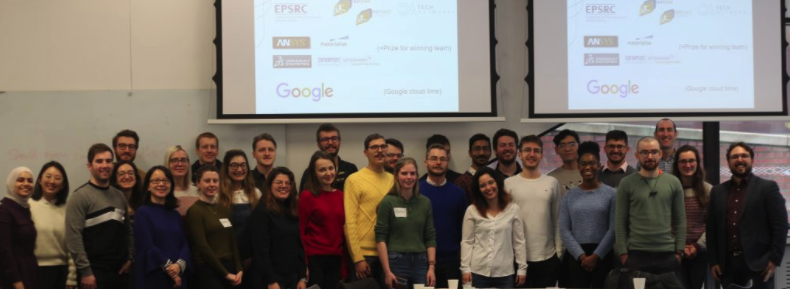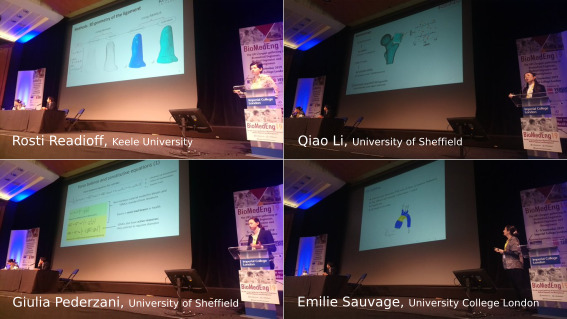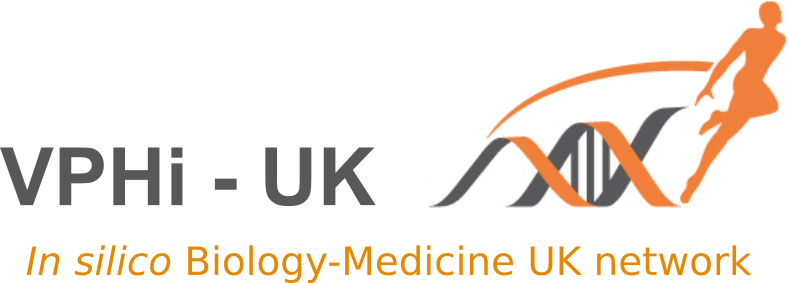Launch of the Association of Biomedical Engineers, Medical Engineers & Bioengineers (BioMedEng)
14 Sep 2020
The BioMedEng association was formally launched with an event chaired by Prof Anthony Bull at Imperial College London combined with an online event.
More details about the launch can be found here:
Modelathon 2020
13–16 Jan 2020
The MultiSim OATech+ Modelathon 2020 took place at the Diamond Building, Sheffield and aimed to provide an opportunity to discuss, network, and practise multi-scale research modelling skills through a hackathon competition with industry software and hands-on support from modelling experts. Modelathon 2020 was attended by 25 multi-scale researchers from a number of leading research-intensive universities. This year for the first time we were joined remotely by a team of 6 researchers from the Human Movement Biomechanics Research Group, in KU Leuven, Belgium. For the second time MultiSim partnered with OATech+ to deliver a Osteoarthritis-based challenge: Optimisation of interventions for osteoarthritic patients with multi-scale modelling.
More details can be found here.

6 Sep 2019
The VPHi-UK chapter has organised the first two events at the BioMedEng19 conference that was held in London on the 6th of September 2019.
The activities started with the first General Assembly of the chapter with the introduction of the Board and the presentation of its activities in the past year, including the creation of the communications tools of the chapter (website, twitter account and mailing list), the assessment of the regional diversity of our members, and the initial SWOT analyses for the creation of a common policy of the chapter. An open table including members of the board and experts in computational modelling followed to highlight the potential and challenges of creating the chapter in UK.
The General Assembly was followed by a Special Session organised by the chapter: “Virtual Physiological Human Research- VPHi-UK Chapter”. Six speakers covered different applications of computational models for the assessment of the strength of vertebrae with metastases, surgical aorta remodelling, treatment of patients at risk of preterm birth, predicting bone strength, ligament mechanics, and arterial damage from cerebral vasospasm. It was great to see the breath of applications related to the VPHi technologies from UK institutions!

